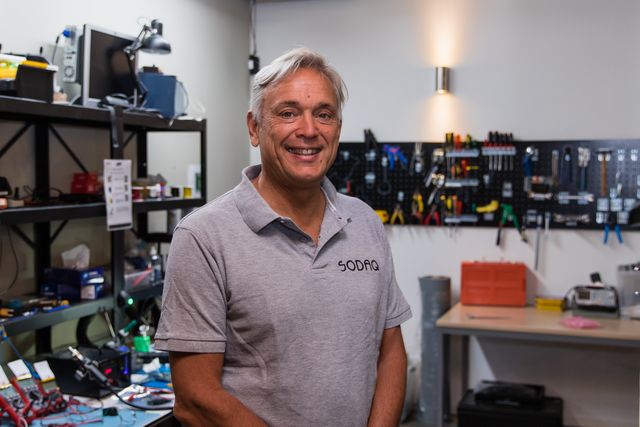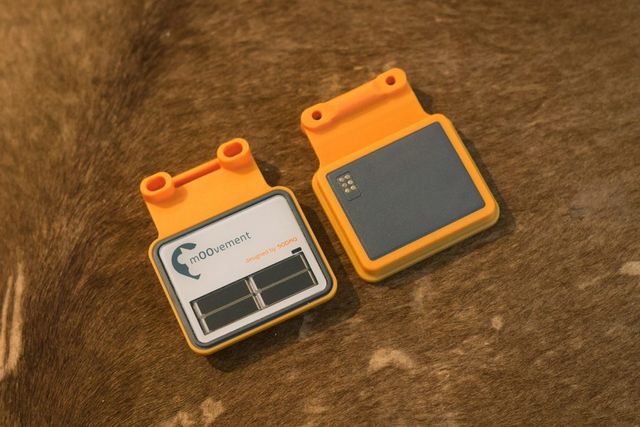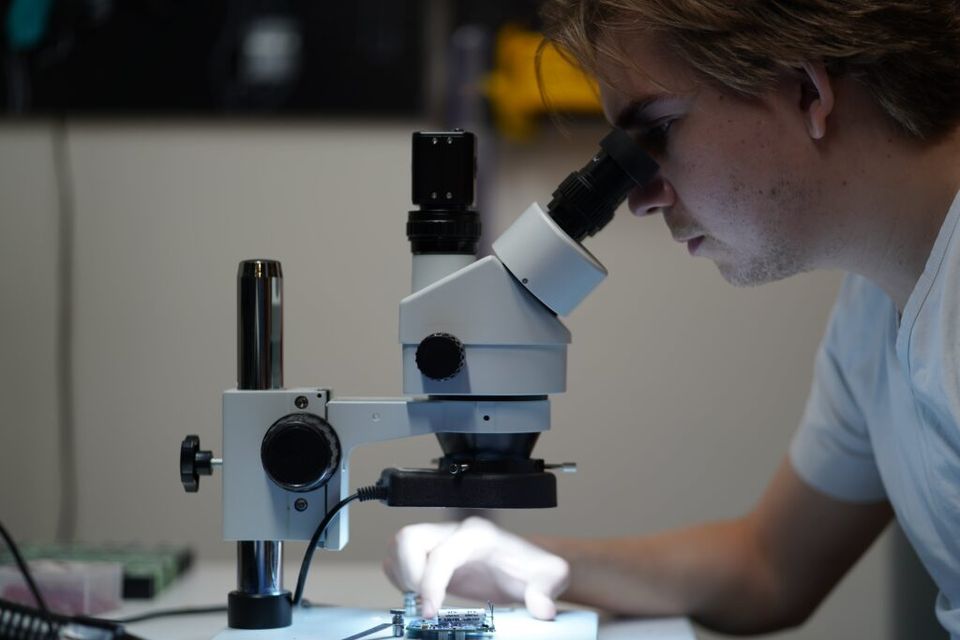Sodaq
creating a sustainable environment
From The Netherlands to Australia, and from Peru to Sri Lanka, SODAQ's scalable electronic solutions are used all over the world. They are specialised in the environmental Internet of Things. That means they design and create solutions to connect things outdoors by harnessing the power of the sun. They aim to create a smarter environment that can sense what's going on and tell us how to make better decisions. Are you curious to know what solutions SODAQ makes and how this positively impacts the environment? Read this Q&A with CEO Jan Willem Smeenk.

CEO Jan Willem Smeenk - © Lotte Stierhout
What services does SODAQ offer?
“We are specialised in the development of environmental Internet of Things hardware and software. Whether a company needs a technical partner to realise an idea for a connected device, or a university needs an advisor to develop equipment for a research project, we are here to help. It is our passion to create scalable electronics solutions that work anywhere. We make the impossible possible so that people, businesses and knowledge institutions get the data they need at the right time.”
What makes the solutions of SODAQ so unique?
“We focus on developing solar-powered electronic solutions to enable people to connect their devices to the internet efficiently and off-grid. The data retrieved with these solutions offer the possibility to make better and smarter decisions. A good example is the small ear tag device we have designed for mOOvement. With this device, it is possible to track beef cattle remotely. It's specifically designed for Australian beef cattle farmers, as their land is some of the vastest in the world, and contrary to dairy cattle, beef cattle don't return to the barn daily.”

Could you give an example of a collaborative project set up in Utrecht Region?
“In collaboration with the Province of Utrecht and Civity, we have designed the Sniffer Bike. The Sniffer Bike is a particulate matter sensor that plays a collective role in collecting data about the air so that individuals and governments would be better aware of the environment. As a unique open-source project, we encourage everyone to participate and be involved so that better insights can be derived that would benefit everyone. With a rising environmental concern of air pollution, we are glad that we could play an active role in designing the Sniffer Bikes to combat this pollution in Utrecht Region.”
In what way do you collaborate with universities?
“Researchers at universities often need equipment for their studies that are not yet developed. We can help them by giving them advice or offering them a cost-attractive 'development board' so they can create and scale their own projects. In the past, we collaborated with researchers from for example Wageningen University to find the best solution to track wildlife with high precision and high-frequency GPS locations.”
Where do you hope to be in five years?
“We see a trend where the equipment we use gets cheaper over the years. That is why we hope to develop in five years specific devices that are now too expensive. At the moment, we are already conducting tests for a large postal delivery company to see how we can process IoT equipment in stamps so that people soon can track in real-time where their package is.”

